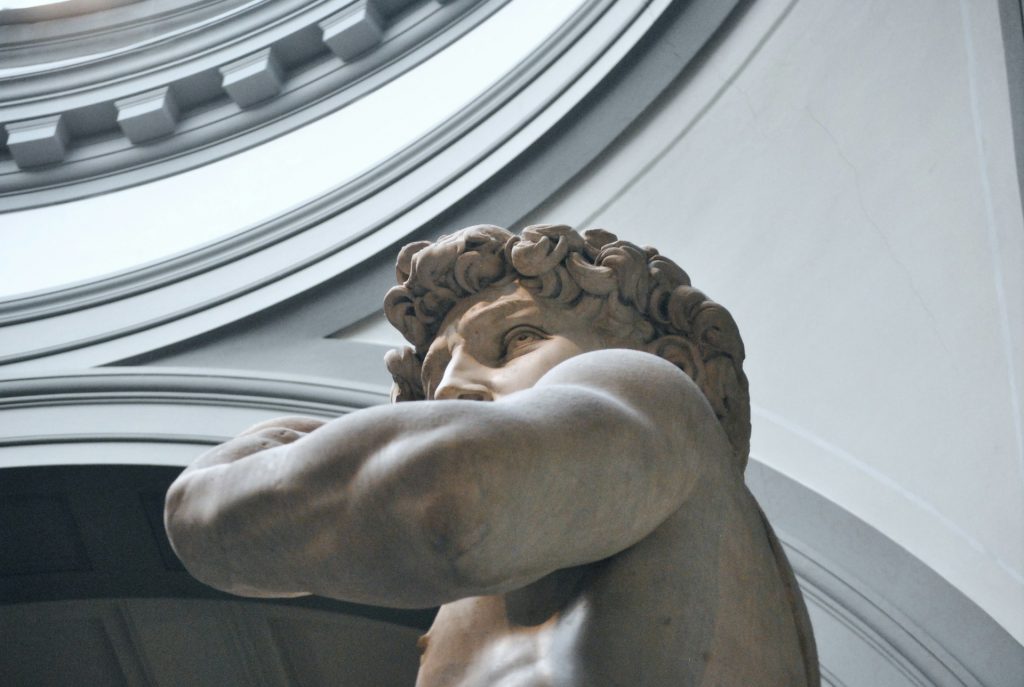How Engaging with Art Shapes and Defines Our Existence

Exploring the Museum of Modern Art store in New York recently, I encountered a tote bag with a compelling inscription: “You are no longer the same after experiencing art.” Intrigued by this sentiment, I pondered its validity. Does engaging with art, music, literature, and the broader spectrum of culture truly contribute to personal growth? Does it make one a better person?
While Aristotle embraced this idea centuries ago, contemporary society seems to harbor doubts. Surveys indicate a declining interest in cultural institutions among Americans. Since the early 2000s, fewer individuals express a tendency to visit art museums, attend plays, or engage in classical music concerts, opera, and ballet. College students increasingly gravitate towards computer sciences, prioritizing professional advancement over the cultivation of their inner selves. In academia, a shift towards socio-political activism, emphasizing race, class, and gender issues, has altered curricula, moving away from questions like “How does George Eliot portray marriage?” to themes centered around “Workers of the world, unite!”
Despite these trends, I remain steadfast in my belief that culture holds greater significance than politics or technical training. I am convinced that immersing oneself in cultural experiences provides a unique form of emotional knowledge and wisdom. It enables individuals to perceive their own experiences with greater depth and meaning, fostering a nuanced understanding of the people in their immediate surroundings.
Alice Walker, the renowned novelist, once expressed her struggle with the lack of role models. She yearned for Black female writers who could serve as guides and inspirations as she sought to navigate her world and tell her stories. Walker’s search led her to Zora Neale Hurston, a novelist and anthropologist who had illuminated the path decades earlier. Hurston showed Walker how to see and express, offering insights into writing about her mother’s life, voodoo practices, and the authentic structures of Black folklore. Through this encounter, Walker gained a new perspective, a profound connection to her heritage, and a richer understanding of her own narrative.
In essence, the power of art lies in its ability to shape our perceptions, broaden our horizons, and provide a lens through which we can interpret the complexities of the human experience. While contemporary society may witness a shift in priorities, with emphasis placed on practical skills and immediate gains, the enduring value of cultural engagement persists. It is a testament to the enduring impact that art and culture can have on individuals, fostering empathy, understanding, and personal growth.






